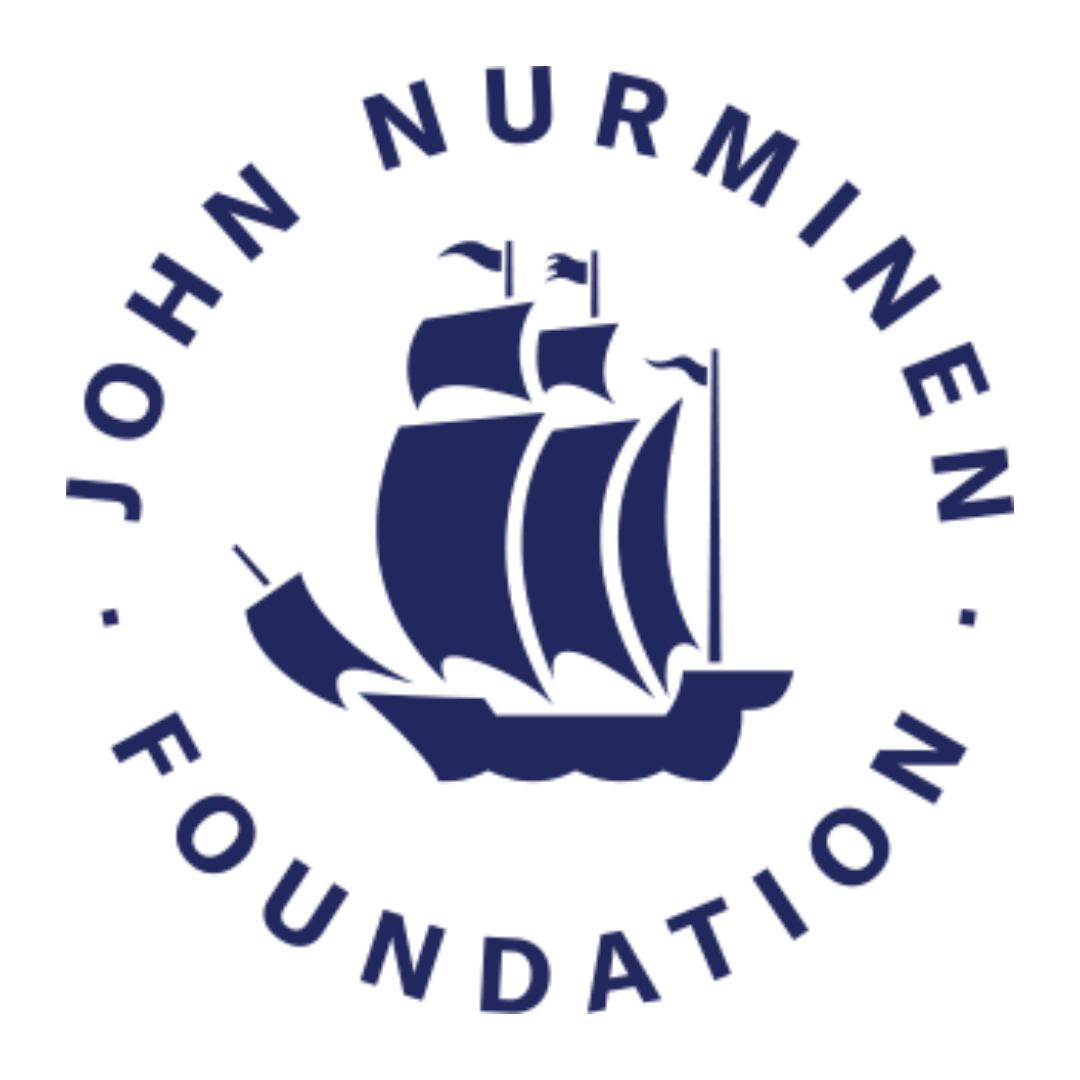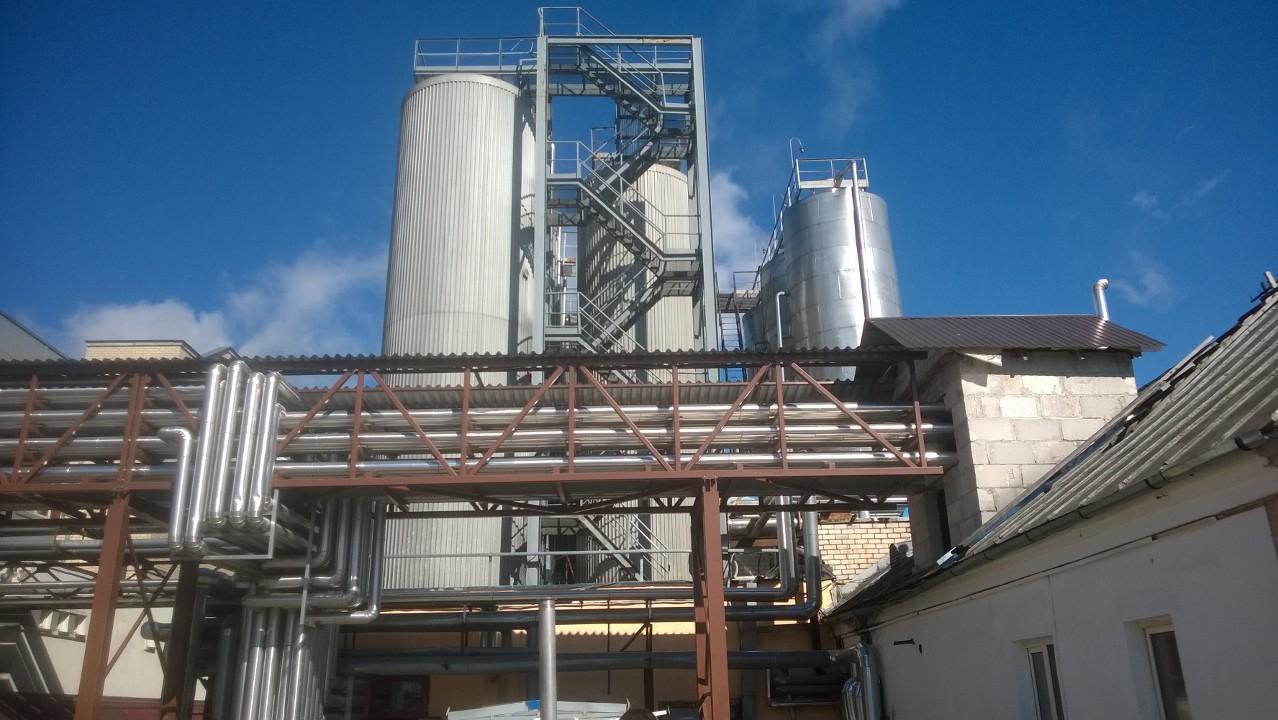John Nurminen Foundation will fund efficient wastewater treatment for a biogas plant under construction in Lviv, Ukraine. The project is part of a biogas project funded by the City of Lviv, the European Bank for Reconstruction and Development (EBRD), the Nordic Environment Finance Corporation (NEFCO) and the European energy efficiency fund E5P, aiming to provide zero-emission, sustainable energy for the needs of the city of Lviv. In addition to representing a new sphere of operations, this is also the foundation’s first project in Ukraine.
The city of Lviv has over 700,000 inhabitants, and its wastewater flows through the Poltva river to the Bug river of Belarus, which in Poland joins the Vistula river running into the Baltic Sea. Without enhanced sewage treatment, the biogas plant would increase the phosphorus load of the waterways by approximately 130 tons a year, which is around five times as much as the annual emissions from the Viikinmäki water treatment plant in Helsinki. Apart from phosphorus, the biogas plant is estimated to increase the nitrogen emissions ending up in the river by approximately 1,000 tons a year. Unlike phosphorous, most nitrogen emissions are estimated to evaporate, however, before ending up in the Baltic Sea.
The total cost of investment in chemical phosphorus removal is estimated to amount to around €500,000, and the foundation’s share of this is around €400,000. In practice, the foundation is not likely to allocate funds for the project until 2018 at the earliest, when the biogas plant will be about completed. The foundation will fund the water treatment equipment, whereas the Lviv waterworks will be liable for the construction work and local planning related to the project.
According to specialists’ estimates, chemical phosphorus removal is the most cost-efficient and reliable way of preventing the phosphorus emissions from the Lviv biogas plant from ending up in waterways. The phosphorus removal has no effect on the end use of sludge, as the sludge generated in the water treatment plant and biogas process is not suitable for use in agriculture, anyway, because of heavy metals and harmful substances it contains.
Biogas plants produce environmentally friendly energy. Their wastewaters are rich in nutrients, however, and it is therefore important to ensure that the waters are treated in the biogas plant or directed to a treatment plant that has enough capacity to deal with the additional load. “It is important for the Nordic Environment Finance Corporation NEFCO that the projects they fund are also sustainable from the point of view of the nutrient load of the Baltic Sea. In addition to positive climate effects, we also want to ensure the nutrient neutrality of the project. On account of this, we invited the John Nurminen Foundation to join in, to implement the phosphorus removal component in cooperation with the Lviv waterworks,” says Bo Nyhus, in charge of the project at NEFCO.
“On account of the policy aiming at reduced climate emissions, renewable energy and energy self-sufficiency, biogas is a rising energy form, attracting increasingly more investments also in the Baltic Sea catchment area. Working on wastewater treatment, we have noticed that the wastewater treatment of biogas plants is challenging in all the countries of the Baltic Sea. If risks are not identified, biogas production may, at worst, release nutrients from sludge back to waterways and thereby significantly increase the nutrient load. It is therefore important to ensure that the effects that the biogas projects have on waterways are managed on a sustained basis,” says Marjukka Porvari, Director of the Foundation’s Clean Baltic Sea projects.
Founded in 1992, the John Nurminen Foundation does influential and productive work for the Baltic Sea and maritime cultural heritage. The goal of the foundation’s Clean Baltic Sea projects is to improve the condition of the Baltic Sea with tangible measures that will reduce the load and environmental risks directed at the sea. The Clean Baltic Sea projects are funded from private donations and public funds.
www.johnnurmisensaatio.fi
More information
John Nurminen Foundation
Marjukka Porvari
Director, Clean Baltic Sea projects
Tel. +358 41 549 1535
Tuula Putkinen, Communications Director
Tel. +358 400 907 809
firstname.lastname@jnfoundation.fi
NEFCO
Mikael Sjövall, Communications Manager
Tel. +358 50 3535 045
firstname.lastname@nefco.fi

